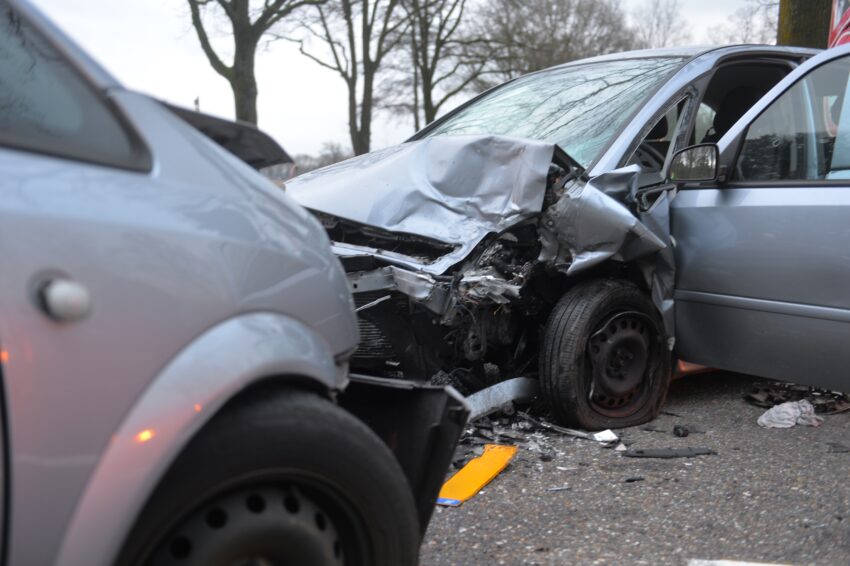Legal Ramifications of EV-Related Accidents
Electric vehicles (EVs) are redefining how we think about transportation. But what happens when EV technology leads to accidents? These incidents present new legal questions. From battery fires to self-driving software errors, the challenges are unique.
Unlike traditional cars, EVs introduce hazards tied to advanced systems and alternative energy sources. This complicates accident investigations and liability issues.
How do these changes impact claims? What should you know if you’re involved in such an accident?
Stick around for clear insights into this evolving legal landscape.
Understanding Battery Hazards in EV Accidents
Electric vehicle batteries store immense energy, which can lead to serious hazards during accidents. Lithium-ion batteries may catch fire or explode upon impact or puncture.
These incidents often require specialized knowledge for legal claims and investigations, as the risks differ significantly from fuel-based cars. Addressing these dangers means understanding their causes and potential liability outcomes.
Legal Implications of Autonomous Driving Errors
Many electric vehicles include advanced driver-assistance systems or autonomous driving features. When these technologies fail, determining liability becomes complex.
Is the driver responsible for oversight, or is the manufacturer accountable for faulty programming?
These questions often dominate legal discussions following accidents involving self-driving EVs. Resolving such cases requires navigating both evolving laws and intricate technological evidence to identify where fault truly lies.
Software Malfunctions and Product Liability in Electric Vehicles
Electric vehicles rely heavily on software, from managing battery performance to controlling driver-assistance systems. When glitches or malfunctions cause accidents, these failures raise product liability concerns. Faulty updates, miscommunication between sensors, or cybersecurity vulnerabilities may place manufacturers under scrutiny.
To put this into perspective, Indiana sees fewer EVs on the road compared to larger metropolitan hubs like Los Angeles or New York City. This makes navigating claims here a bit of a specialized field for legal professionals.
For instance, finding an experienced car accident lawyer in Indiana with knowledge of EV-specific issues can be crucial in addressing unique challenges posed by software-related accidents.
Understanding the intersection of technology and liability requires expertise not always common among general personal injury attorneys outside high-EV regions.
The Role of Evidence in Investigating EV Crashes
Electric vehicle crashes demand precise evidence collection. Data from onboard computers, known as event data recorders (EDRs), often plays a key role. Unlike traditional vehicles, these devices store details about speed, braking patterns, and system performance leading up to an accident. Properly interpreting this information is vital for establishing liability in cases involving modern EV technologies.
Differences Between EV and Traditional Car Accident Claims
Claims involving electric vehicles differ from those tied to gas-powered cars due to unique factors like battery hazards or software failures. Investigations may require input from technical experts familiar with these systems.
Additionally, repair costs tend to be higher for EVs because of specialized parts and labor. These distinctions influence insurance negotiations and settlement processes significantly when pursuing compensation after an accident involving an EV driver or manufacturer negligence.
Fire Hazards: The Legal Responsibility in EV Battery Fires
Electric vehicle battery fires are intense and challenging to extinguish, posing serious safety risks. These incidents often result from impact damage or manufacturing defects.
Legally, determining responsibility can involve manufacturers for defective batteries or drivers for negligence leading to the accident. Cases require expert testimony on battery mechanics and fire origins to build strong claims and identify accountable parties accurately.
Addressing Repair Costs and Insurance Complexities After an EV Collision
Repairing electric vehicles often involves specialized parts, such as battery systems, sensors, or software components, which drive up costs significantly. These expenses can complicate insurance claims and increase the potential for disputes over liability or coverage limits.
Many insurers may lack experience handling EV-specific damages compared to traditional cars. Successfully navigating these challenges requires detailed documentation of repairs, proactive communication with providers, and sometimes legal assistance to ensure fair claim resolutions.
Why Understanding EV-Specific Risks Benefits Everyone on the Road
Electric vehicles bring new opportunities, but also unique risks that impact drivers, manufacturers, and legal professionals. Awareness of these challenges helps ensure safer roads and stronger legal protections.
Whether it’s battery hazards or software failures, understanding how EV accidents differ prepares everyone to respond effectively. Staying informed empowers you to navigate this evolving landscape with confidence and clarity in any situation involving modern automotive technology.
